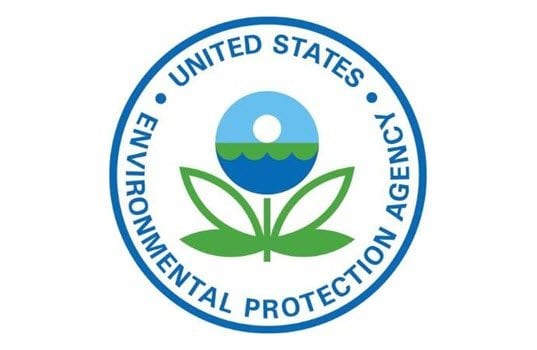The U.S. Environmental Protection Agency (EPA) has awarded $8 million to communities in 21 states and Puerto Rico to reduce emissions from the nation’s existing fleet of diesel engines through the agency’s Diesel Emission Reduction Act (DERA) program. The grants will fund projects such as retrofitting older school buses to improve air quality for children riding to school, upgrading marine propulsion and agriculture engines, and replacing long haul truck engines. Each project will improve air quality and support economic growth in local communities.
“Supporting clean diesel projects like these is one way EPA helps make a visible difference in communities across the country,” said Janet McCabe, acting assistant administrator for EPA’s Office of Air and Radiation. “Cleaner trucks, buses, boats and heavy equipment keep local economies working and thriving while better protecting the health of the neighborhoods near ports and along delivery routes.”
The twenty-one projects will receive funding through the EPA’s DERA Fiscal Year 2014 allocation. The selected projects are cost-effective and will impact fleets operating in areas that will benefit from additional steps to protect air quality and public health.
EPA estimates that every $1 in DERA funding generates up to $13 in health care savings. The DERA funding covers engine replacements, repowers and idle reduction technologies to clean up a variety of older diesel engines, including those in heavy-duty trucks used at ports, delivery trucks, long haul trucks, marine vessels, school buses, and even agricultural equipment.
Diesel engines are extremely efficient but emit air pollutants such as nitrogen oxides (NOX) and particulate matter (PM). These pollutants are linked to a range of serious health problems including asthma, lung and heart disease, other respiratory ailments, and even premature death. Since the start of the DERA program in 2008, EPA has awarded more than 700 grants in 600 communities across the country. Many of these projects fund cleaner diesel engines that operate in economically disadvantaged communities whose residents suffer from higher-than-average instances of asthma, heart and lung disease.








